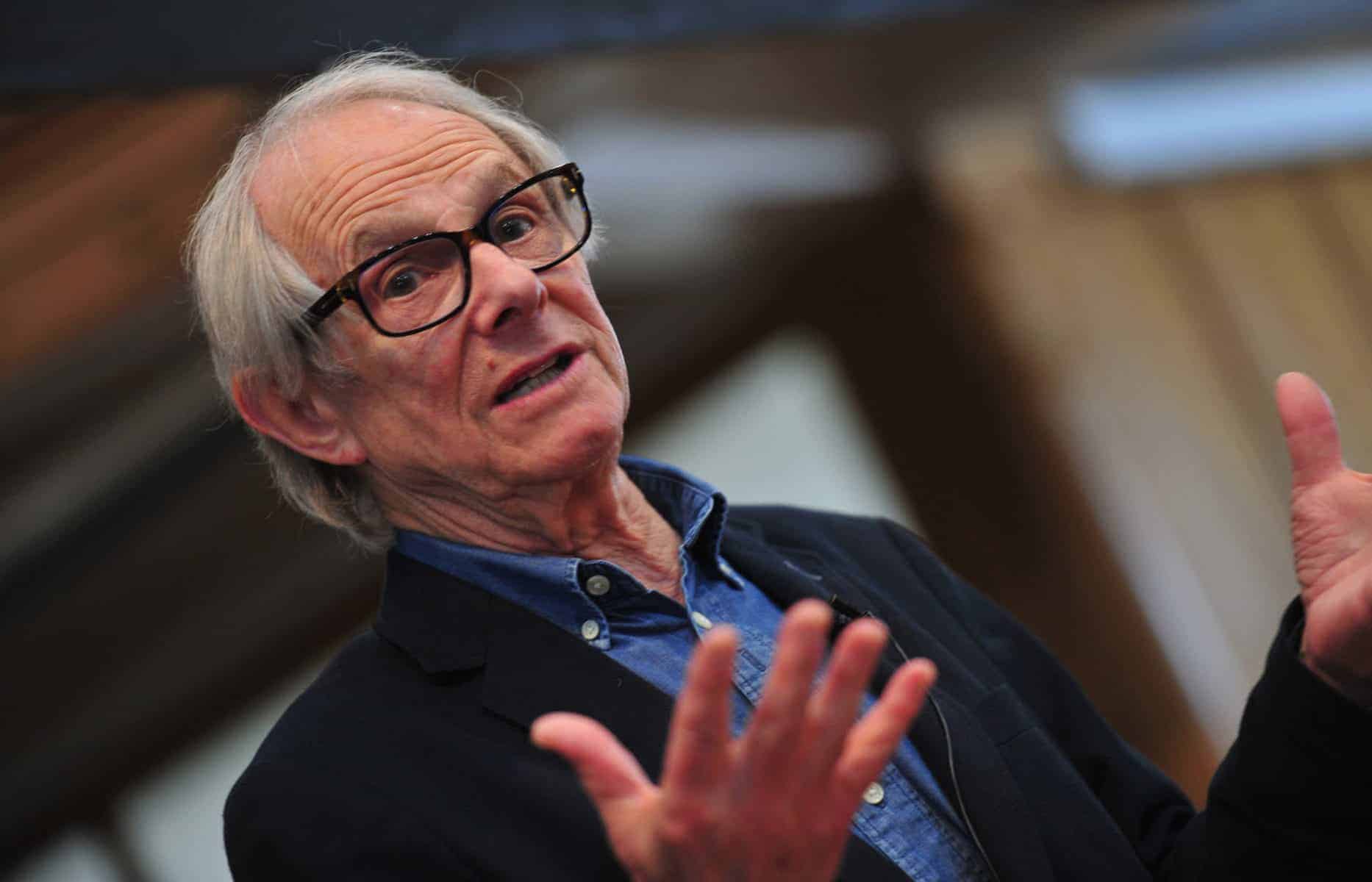Ken Loach spoke to a sold-out audience at the Wesley Centre in Harrogate after an exclusive screening of his film, Sorry We Missed You on 9 March.
Loach was invited to Harrogate by Cause UK, who used his appearance to help raise funds for the Harrogate Homeless Project during the Harrogate Film Festival.
The audience Q&A focussed on the subject of zero-hour contracts and the gig economy; the focus of his latest feature, a gut-wrenching tale of a delivery worker driven to the brink.
Loach said the subject came into focus when he and his long-standing writer, Paul Laverty, visited foodbanks while making their previous movie, I, Daniel Blake, and were struck by ‘the rise of the working poor’ relying on foodbanks, “Depending on charities and hand-outs even when you’re working seemed very significant,” Loach said. “The economy is not providing that basic exchange where you give your labour and you get money in return.”
He spoke how the gig economy was affecting the middle, as well as working classes, with university lecturers often on zero-hour contracts, and workers constantly emailing work queries ‘all hours, day and night’ impacting on family life.
Loach referenced examples during their research of a delivery worker with no job security or rights, having to work with a broken leg, and one who died in his early fifties, forced to work with diabetes.
“The rich get richer and richer and the poor get more desperate,” he said. “The course of history is conflict based on conflicting interests, and the conflicting interests now, and for the last 300 years, is between people who sell their labour and people who exploit it.”
He also criticised the privatisation of the NHS, “contracting to companies who underpay, who exploit workers with zero hours and no job security and are there for profit, that is their reason for being.”
Speaking on his career in film, he said films like his were no longer being made or supported in the UK, with most financing coming from abroad.
“There’s never any shortage of talent, there’s never any shortage of good actors, of good writers, but they’re not being made. We were lucky, we got notoriety in the sixties with the BBC and the Wednesday play and were able to get sufficient attention that it was a calling card for the rest of our lives, but people aren’t getting those commissions now.”
He advised film students in the audience from the Northern Film School and the Leeds College of Art, to give film-making a go but ‘not to feel a failure’ if it doesn’t work out.
In the sixties, Loach worked with TV producer Tony Garnett who introduced him to Barry Hines, author of Kestrel for a Knave which became Loach’s iconic film, Kes.
Loach said: “You can’t plan for things like that. I could have had the first stroke of luck and not the second. You can be brilliant and not have the break.”
Asked what the subject of his next film would be, Loach who is 83, said: “There does come a point where you realise that you can’t go on forever, I don’t know if there will be another one, if we can it will be nice. Paul Laverty is a lot younger than me so he’s full of beans, it would be nice as there are stories to tell, I don’t know, after a couple of expressos in the morning I think it’s possible.”
Loach was met with rapturous applause when an audience member responded, ‘keep going’.
Photo credit: Gerard Binks
